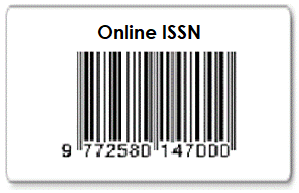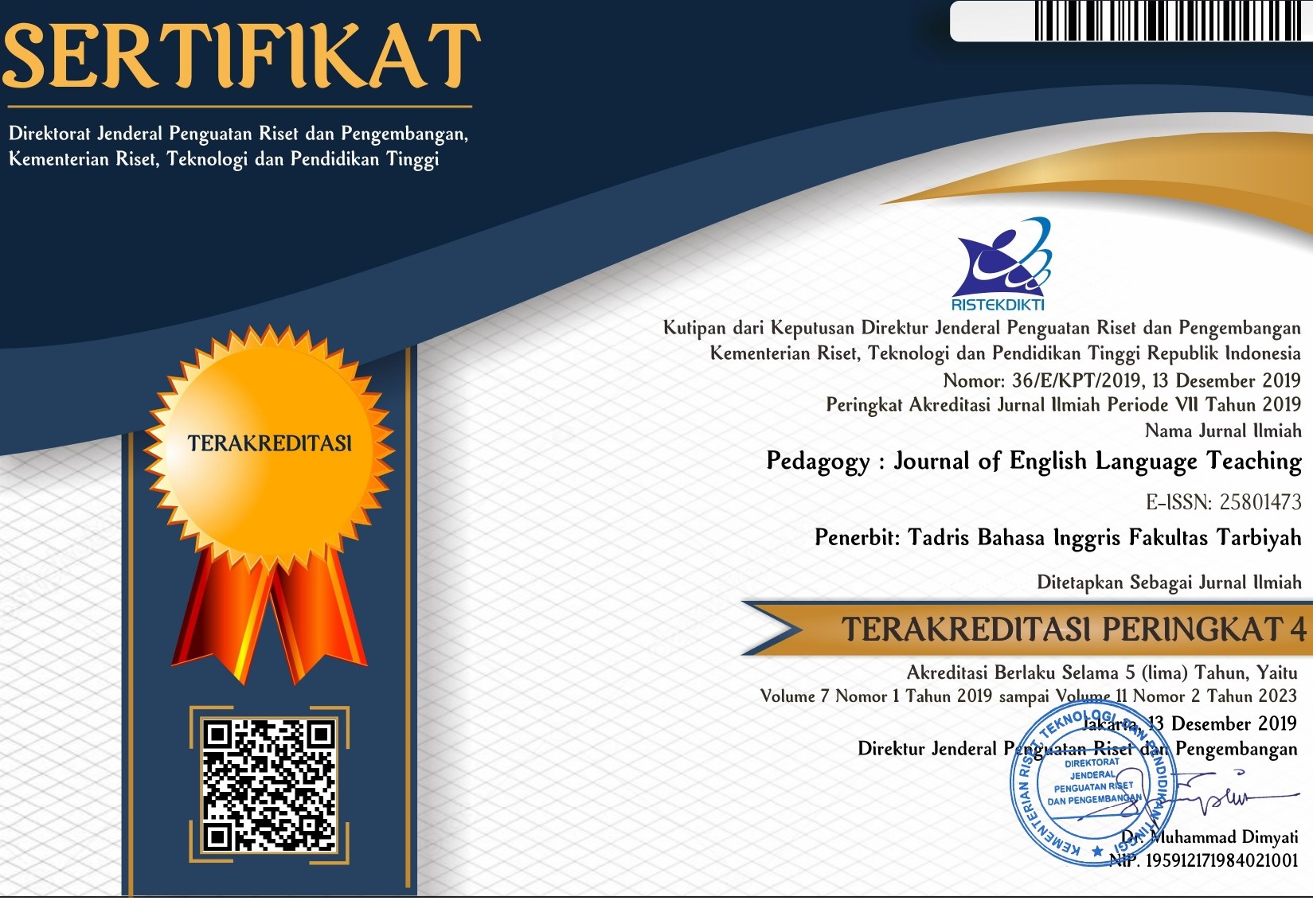TikTok and Vocabulary Learning: A Survey Study of Indonesian Students from English Departments
DOI:
https://doi.org/10.32332/joelt.v11i2.7866Keywords:
Attitudes, English department, English vocabulary, Survey, TikTokAbstract
The present study intends to investigate the attitudes of English department students on the use of TikTok for English vocabulary learning. The participants of this study were 116 Indonesian students from the English Language Education and English Letters Departments from 26 different universities in 10 provinces. This study employed an online survey as the method of collecting data. It found that generally, the participants reported highly positive attitudes towards using TikTok for learning vocabulary. However, they seemed to have ambivalent attitudes towards the effectiveness of using the platform for vocabulary learning, perhaps attributed to the default nature of TikTok as a social media rather than a learning media. Informed by the findings, the study suggested teachers incorporate TikTok in skill-based and vocabulary-building classes in the first semesters of English department curricula. Limitations and contributions of this study are stated along with the suggested direction of future relevant studies in the field.
















